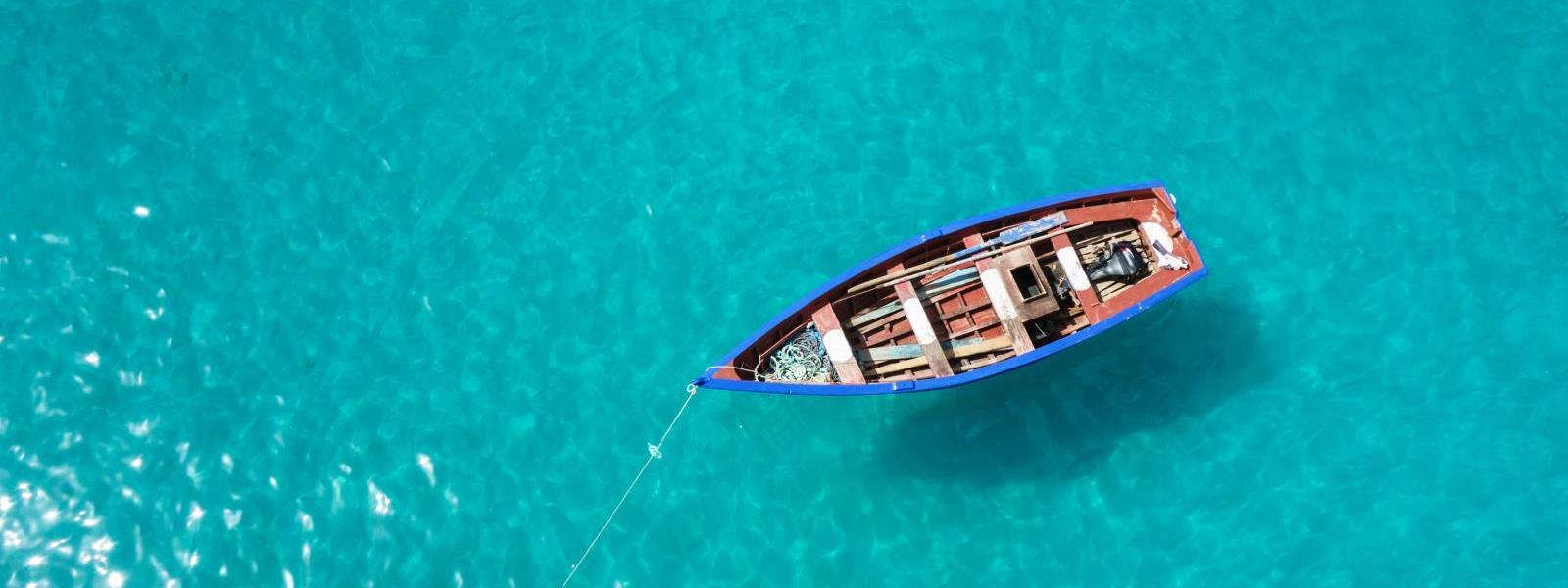About Marine Benefits
An interdisciplinary-research project
This inter-disciplinary project, titled “Sharing the benefits of sustainable fisheries: from global to local legal approaches to marine ecosystem services for poverty alleviation”, explores whether and how the legal tool "fair and equitable benefit-sharing," as part of the ecosystem approach, can be integrated with the concept of marine ecosystem services to reduce the systemic poverty of coastal marine societies who depend upon marine resources for both food security and income generation.
In the context of sustainable fisheries management, the international legal concept of "fair and equitable benefit-sharing," provides a useful lens to connect different sources of inequity in the regulation and management of marine ecosystems that lead or contribute to poverty: it allows to look at the links and misalignments between the legal and governance constraints/opportunities for developing States (inter-State dimension) and those for small-scale fishing communities (intra-State dimension) to benefit from marine ecosystem services.
This project, led by Professor Elisa Morgera (Professor in Global Environmental Law at the Strathclyde Centre for Environmental Law and Governance) and Dr Meriwether Wilson (Lecturer in Marine Science and Policy, Edinburgh School of Geosciences), is part of the Ecosystem Services for Poverty Alleviation (ESPA) programme and aims to investigate how science can be translated into law in ways that encourage sustainable fishing that benefits the poor.
ESPA’s 2014 blue skies research projects are expected to be highly innovative and interdisciplinary, with a view to helping set the agenda for the next decade of research linking ecosystem services, human well-being, and environmental and economic sustainability. The programme is funded by the UK's Department for International Development (DFID), the Natural Environment Research Council (NERC) and the Economic and Social Research Council (ESRC), as part of the UK’s Living with Environmental Change partnership.
The Marine Benefits project runs from September 2015 to March 2017. It aims to assess the role and limitations of law as an enabling condition for reducing different dimensions of poverty in the context of marine ecosystem services, with a particular focus on fisheries. The project builds on the research on the legal concept of fair and equitable benefit-sharing conducted by Professor Elisa Morgera under a grant of the European Research Council (BENELEX: "Benefit-sharing for an equitable transition to the green economy - the role of law", 2013-2018).
Overall objective
The overall objective of the Marine Benefits project is to better understand how science is translated into law in ways that encourage more sustainable fishing that benefits the poor.
Project hypothesis
In the context of sustainable fisheries management, the international legal concept of "fair and equitable benefit-sharing," provides a useful lens to connect different sources of inequity in the regulation and management of marine ecosystems that lead or contribute to poverty: it allows to look at the links and misalignments between the legal and governance constraints/opportunities for developing States (inter-State dimension) and those for small-scale fishing communities (intra-State dimension) to benefit from marine ecosystem services.
Project methods
A combination of science, policy and legal research appears necessary to understand whether, how and to what extent fair and equitable benefit-sharing can effectively support both developing countries (inter-State dimension) and small-scale fishing communities within these countries (intra-State dimension) to achieve sustainable fisheries.
Specifically, the project is framed around an integrated trilogy of research modes:
- A science-policy review of theory and practice of the specific conservation tools that have the potential to increase marine ecosystem resilience and productivity, contributing to poverty alleviation, in the face of a changing ocean climate. The review will illuminate legal gaps and opportunities for sustainable fisheries and poverty alleviation;
- A legal analysis on whether, when and how fair and equitable benefit-sharing could serve to assess the role, opportunities and limitations of law as an enabling condition for reducing different dimensions of poverty in the context of marine ecosystem services: i) basic needs (food security and income); ii) security (tenure of/access to marine resources); and iii) freedom of choice (participation in management and decision-making);
- A series of case studies to examine contextually and test the nexus between benefit-sharing and marine ecosystem services, covering a range of marine biome scales, such as large marine ecosystems, industrial and artisanal fishing drivers and governance regimes, as well as small island developing states (SIDS).
What are we focussing on?
The project aims at focusing and framing the academic and practice approach to marine ecosystem services for poverty alleviation on "global-to-local" legal approaches, and aims to address the following questions:
- To what extent can existing global fisheries governance and management instruments, if properly implemented, ensure fair sharing of economic, social, and environmental benefits arising from sustainable fishing with developing countries, especially Least Developed Countries (LDCs) and Small Island Developing States (SIDS)?
- How and to what extent can regional fisheries management organizations (RFMOs) ensure a fair mechanism for access rights in high seas fisheries and allocation of fishing possibilities?
- How and to what extent can bilateral fisheries agreements include local fishing and support livelihoods?
- How and to what extent can national and sub-national fisheries governance and management instruments ensure the sharing of economic, social, and environmental benefits arising from sustainable fishing to the benefit of poor communities in developing countries?


